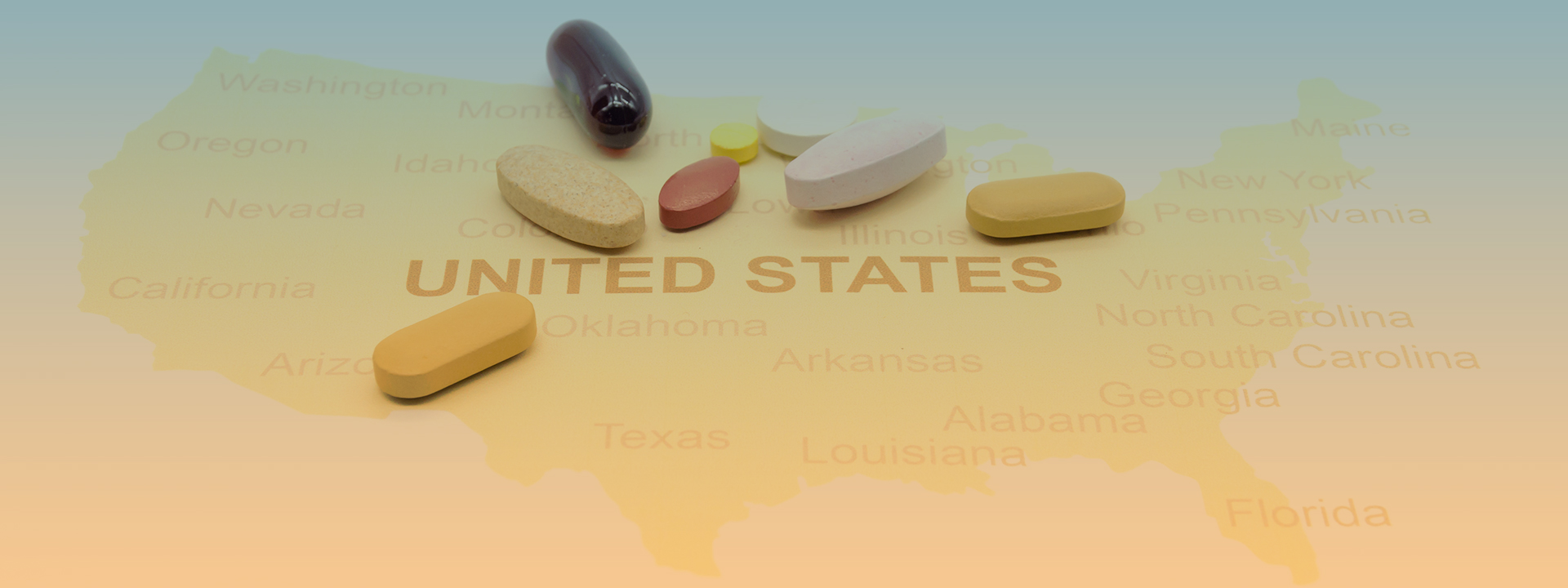The opioid crisis has taken hold of families, communities and industries across the country. In response, and in an effort to support patients and providers, we’ve worked across healthcare to build awareness of the power of electronic prescribing to help turn the tide. Health information technology alone can’t solve the issue, but it can go a long way towards empowering the nation’s healthcare providers to reduce prescription drug theft, forgery, and diversion while caring for their patients with safe and effective pain management.
The nation recently reached the halfway point in its effort to spur the replacement of easily stolen or forged paper prescriptions with electronic prescribing. With the recent signing of bills in both Florida and Texas, more than half of all states are on their way to requiring that prescribers use e-prescribing for opioids, controlled substances, or all prescriptions.
Together with the entire Surescripts Network Alliance, we’re celebrating the enormity of the work that has gone into getting us here. Consider the fact that as recently as 2015, prescribing controlled substances electronically was illegal in some states. Since then, we’ve made incredible progress. Lawmakers at both the state and federal levels have increasingly become proponents of the safe and secure electronic workflow for prescribing these potentially dangerous drugs.
So now, we’re taking a moment to appreciate the value of this momentum. We believe in E-Prescribing for Controlled Substances (EPCS) and its potential impact on one of the greatest public health emergencies the United States has ever faced. But the power of technology goes beyond EPCS. When combined with electronic access to patient medication history data and other tools at the point of care, providers can identify potential misuse and abuse, and enhance the security, privacy and efficiency of the prescribing process.
Surescripts has offered EPCS for many years, and pharmacies adopted the technology in droves. As of 2018, 95% of pharmacies were enabled for EPCS, yet prescriber enablement was just 32%. At the same time, 85% of prescriptions for non-controlled substances were sent electronically and a mere 31% for controlled substances.
Prescribers in states where electronic prescribing is required by law have driven substantial growth in enablement and adoption of EPCS. In New York, the iSTOP law increased prescriber and pharmacy enablement of EPCS to 77% and 98% respectively, and resulted in 85% of all controlled substances being prescribed electronically in the state in 2018, according to the Surescripts 2018 National Progress Report.
At the federal level, the SUPPORT for Patients and Communities Act (H.R. 6), which Congress passed and President Trump signed into law in October, requires the use of EPCS for all controlled substances under Medicare Part D by January 1, 2021.
Together with the many healthcare players who came together and made EPCS possible, we at Surescripts will continue to educate, prepare and empower prescribers and pharmacists. And we remain in support of the federal government’s response to the crisis by requiring a vastly more secure, accurate and efficient e-prescribing workflow for controlled substances, end to end.
If you're a prescriber, please visit www.GetEPCS.com to learn how to get started with EPCS.


 Dean Riggott Photography
Surescripts
Dean Riggott Photography
Surescripts


